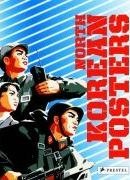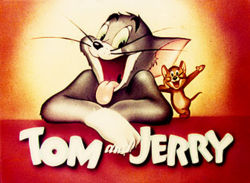Institute for Far Eastern Studies (IFES)
NK Brief No. 08-8-8-1
08/08/08
According to Choi Hyun-soo, vice director of the DPRK Department of Agriculture, “The issue of increasing agricultural production is related to the serious political issue of the fate of the construction of a strong and prosperous socialist nation, and even moreso, the fate of our style of socialism,” rather than simply an issue of economic affairs.
In an interview published in the latest issue (July 24) of the DPRK Cabinet publication, “Democratic Chosun”, Vice Director Choi stressed that several years of natural disasters had prevented last year’s grain production from reaching a satisfactory level, making increased grain production this year an even more important issue. While Choi recognized the impact of the natural disasters, he also blamed the “villainous isolation and oppression machinations of the imperialists” for causing the North’s scant grain production. He also pointed out that the sudden jump in rice, corn, wheat and other grain prices around the world has been cause for concern, and “these days, there are no countries offering food or in a position to provide it.”
He went on to state, “If countermeasures to prevent damage during the monsoon season cannot be implemented, farmland and crops could be severely damaged,” and the lack of heavy rains is no reason for complacency, but rather, efforts to prevent flood damage need to continue. The (North) Korean Central Broadcasting Station also reported on July 24, “Good agricultural cultivation is an important political task,” and, “Good agricultural cultivation and easing of the eating problem is precisely the utmost important matter for the success of socialism and the protection of our system and ideology.”


